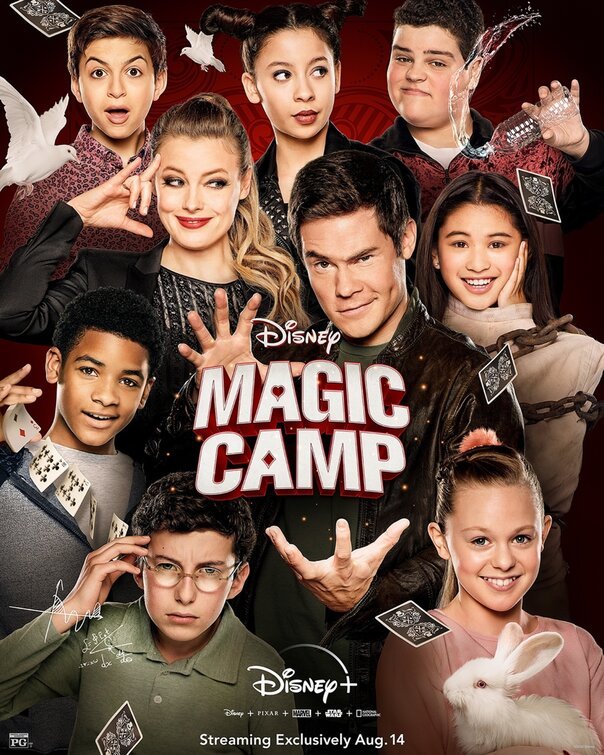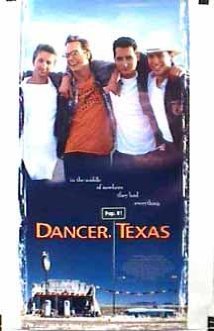
The Ideals of the Declaration
By John A. Murray
Copyright 2024
How do you celebrate the 4th of July?
Given the powerful references to the Declaration of Independence, I decided to celebrate early this year with Steven Spielberg’s 1997 classic Amistad.
With an all-star cast including Djimon Hounsou, Morgan Freeman and Anthony Hopkins, the film tells the true story of an 1839 revolt of African slaves aboard the Spanish slave ship La Amistad. Although seized against their will from Sierra Leone, the Africans are captured by the U.S. Navy and brought to Connecticut where they are put on trial for murder.
The case eventually reaches the U.S. Supreme Court, where John Quincy Adams (played by Hopkins) argues the case on behalf of the enslaved Africans.
Inspired to read his actual speech before the Court, I marveled at Adam’s wisdom and eloquence.
Occurring during a time of growing tensions between Northern and Southern states over slavery, Adams appealed to the ideals found both in the Declaration and Christendom for the release of the African men and women.
“I know of no other law that reaches the case of my clients, but the law of Nature and of Nature’s God on which our fathers placed our own national existence…That law, in its application to my clients, I trust will be the law on which the case will be decided by this Court.”
Throughout his 8 ½ hour oral argument, the former 6th President of the Unites States declared both slavery and the slave trade as a “national evil.”
As the National Archives recounts, “the 73-year-old Adams passionately and eloquently defended the Africans’ right to freedom on both legal and moral grounds, referring to treaties prohibiting the slave trade and to the Declaration of Independence.”
Acknowledging the Declaration’s proposition that “All men are created equal” as image bearers of God, Adams reminded the Court “that every man is ‘endowed by his Creator with certain inalienable rights,’ and that “among these are life, liberty, and the pursuit of happiness.’”
“If these rights are inalienable.” Adams proclaimed, “they are incompatible with the rights of the victor to take the life of his enemy in war, or to spare his life and make him a slave.”
“The moment you come, to the Declaration of Independence, that every man has a right to life and liberty, an inalienable right, this case is decided. I ask nothing more in behalf of these unfortunate men, than this Declaration.”
How fitting for John Quincy Adams to argue (and win) the Amistad case based on principles of the Declaration when his own father, John Adams, had served on the committee with Thomas Jefferson, Benjamin Franklin, Roger Sherman and Robert Livingston in 1776.
Leading multi-racial schools over the past decade, I have had to come to terms with the hypocrisies in the founding of our country and the unequal treatment of men and women of color throughout our nation’s history.
Nevertheless, I have taken comfort in leaders such as Adams, Frederick Douglass, Sojourner Truth, Abraham Lincoln, Booker T. Washington, Martin Luther King, Jr., and many others throughout history and today who have not called for the abolition of America but have instead reaffirmed their devotion to justice and seeing our ideals realized.
Consider the work of Bob Woodson and The Woodson Center.
This year, I told the stories of numerous men and women of color that The Woodson Center has compiled into lesson plans that proved to be both encouraging and inspiring to our 8th grade history class.
One of my students’ favorites was the amazing life of Robert Smalls. As a matter of fact, my wife and I took a trip to Beaufort, SC, this month to learn firsthand the impact the former enslaved man turned Civil War hero had on his community and state.
Going on to serve five terms in the U.S. House of Representatives, Mr. Smalls faced down tremendous racism and prejudice in his era—including addressing an incident before Congress known as the Hamburg (SC) Massacre in 1876.
A man of deep faith, one of Mr. Smalls’ greatest legacies, however, would be the startingly treatment of his former enslaver’s wife, Mrs. McKee.
Purchasing the home of his former enslavers where he grew up in Beaufort, he demonstrated what Mr. Woodson calls “Radical Grace in Action” by allowing the elderly Mrs. McKee to return home to her original bedroom where she remained until her death.
As we reflect on our nation’s history this 4th of July —both the good and the bad–may we too remember the ideals of the Declaration and watch how lives can be changed when view and treat one another as fellow image-bearers of God.


 - Content:
- Content: 
 – Content:
– Content: 
